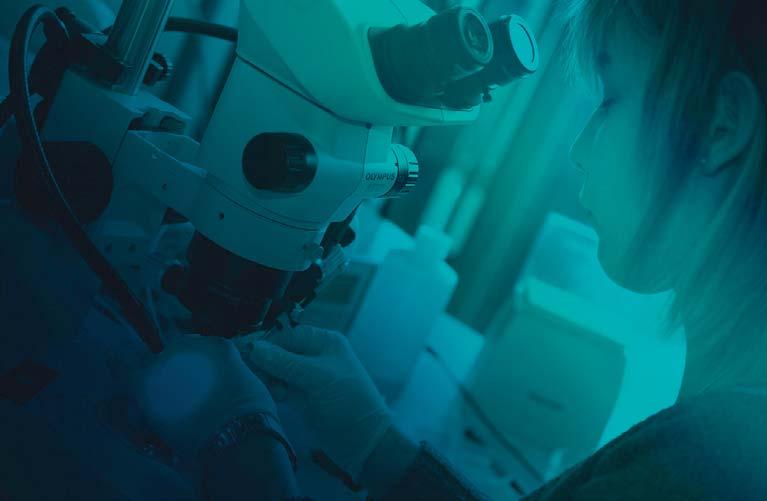© Rights reserved
© Rights reserved
In Wallonia, we have an integrated approach that takes into account all the stages and components of innovation and which encourages, through tailor-made measures, interaction between all the players in the innovation chain, from universities to companies of all sizes, via research centres and universities. It is indeed by combining the expertise and agility of start-ups with the resources of large companies that the spin-offs can be optimised and that real breakthrough innovations can see the light of day. Just as it is essential to support fundamental research projects alongside projects closer to the market.
support programmes, etc.) and support them in their development (research aid, technological incubators, Walloon financial tools, etc.). What do you intend to put in place to improve research in Wallonia ? Research, Development and Innovation are a priority for us. As is the need to concentrate our resources in order to optimise their impact, particularly with the updating of the smart specialisation strategy (RIS3) at the beginning of 2021. It is therefore a question of increasing the Walloon public resources invested in supporting innovation, but also of supporting companies according to their needs, particularly in order to rise to the European level and potentially benefit from additional financial levers.
Innovation is at the heart of Wallonia's economic development and offers an opportunity to differentiate our companies in the context of the globalisation of the economy. This is why significant resources are deployed in Wallonia to welcome innovative companies (science parks, buildings and cutting-edge equipment,
We also intend to reform aid for research by prioritising the simplification and optimisation of the benefits for the Walloon economy. But also by taking care to strengthen the links between companies (SMEs) and research units in order to make better use of research results.
© Rights reserved
We also aim to develop more synergies and economies of scale between approved research centres in order to achieve the critical mass needed to compete with other highly innovative regions.
Visit of the Alipa Group, global industrial lifting and packaging specialist
103
Finally, because vocations and the entrepreneurial spirit are cultivated from a very young age, we are working to awaken the interest of young people in the choice of their studies or training, in science, technology, engineering, mathematics (STEM) and more generally in the professions in short supply by ensuring that the needs and expectations of companies are met, in particular with the help of the Competence Centres. Indeed, with the digitisation of our economy and society, new jobs are emerging. These are essential jobs and jobs of the future. It is essential to make young people, jobseekers and workers from all socioeconomic backgrounds, and in particular young girls and (future) workers, want to move towards STEM courses in all types of education, with a view to (re)orienting them towards a professional career in these courses.

















































































































